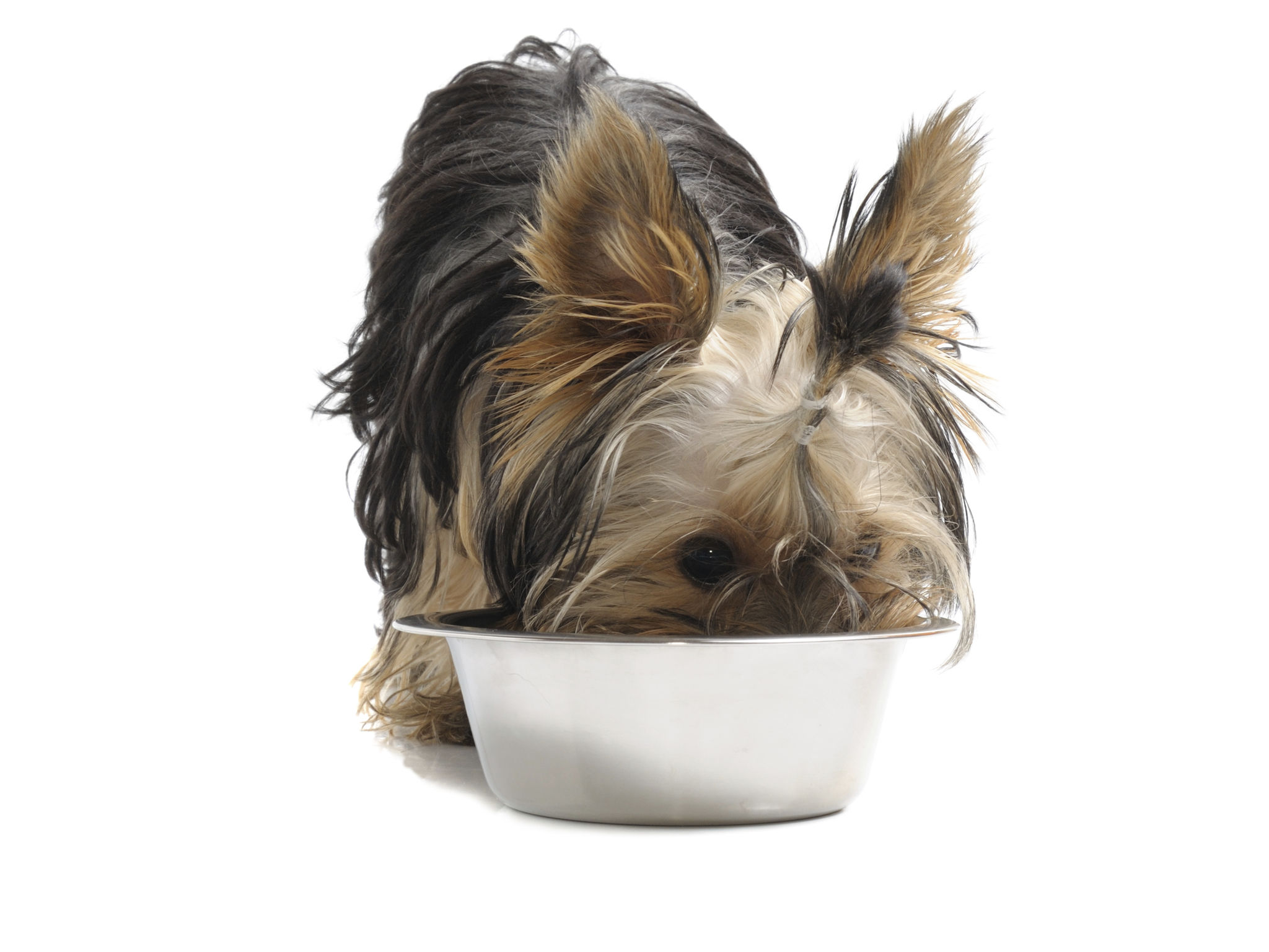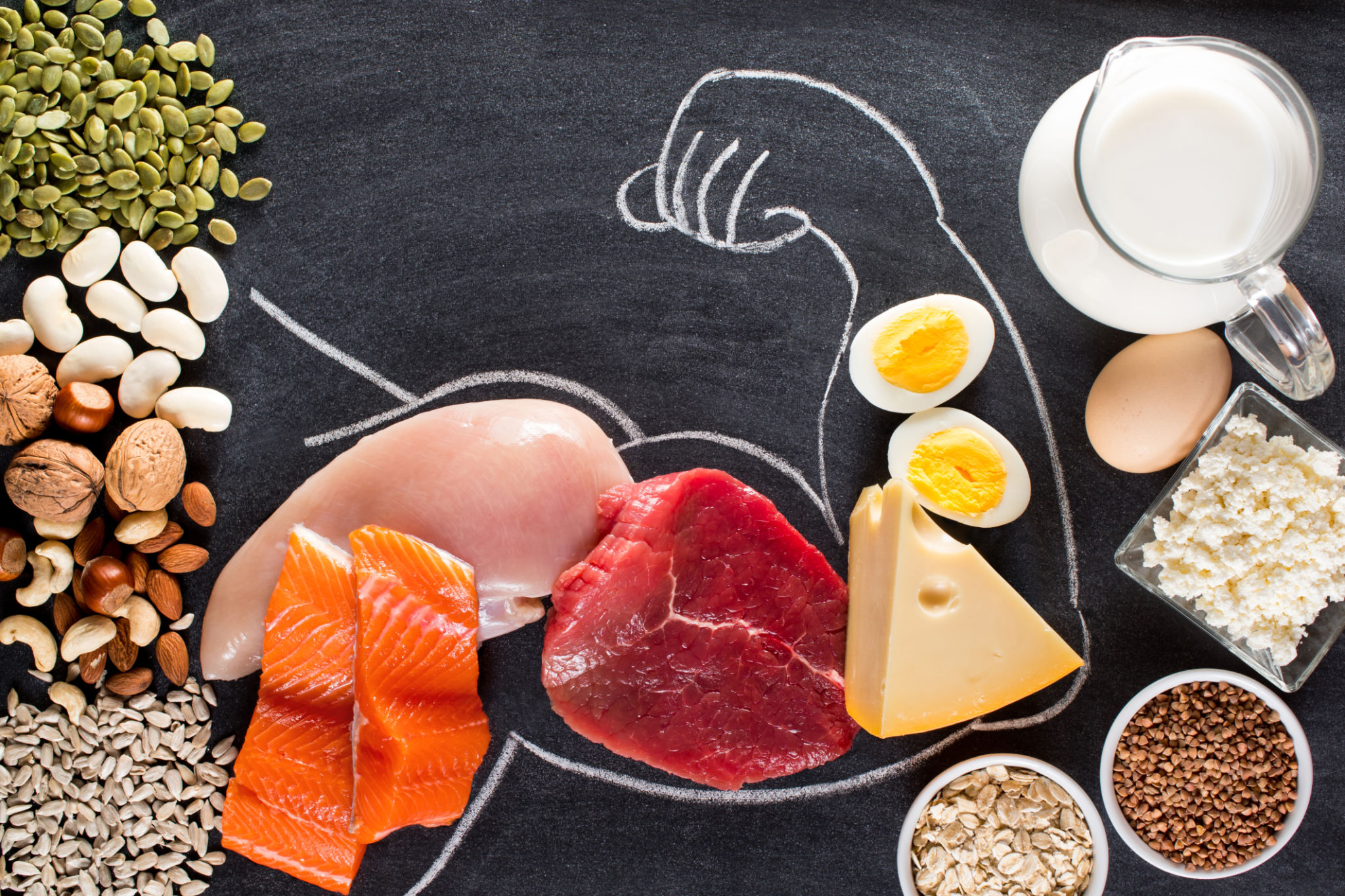Expert Tips on Feeding Your Yorkie for Optimal Health
Understanding Your Yorkie's Nutritional Needs
Yorkshire Terriers, affectionately known as Yorkies, are a small breed with a big personality. To ensure they stay healthy and vibrant, it's crucial to understand their unique nutritional needs. Being a toy breed, Yorkies have a fast metabolism and require a diet that's rich in nutrients but controlled in portion size to prevent weight gain.

Choosing the Right Food
When selecting food for your Yorkie, always opt for high-quality commercial dog food that is specifically formulated for small breeds. These foods are designed to meet the caloric and nutritional needs of smaller dogs. Look for foods that list meat as the first ingredient, and avoid those with excessive fillers like corn and soy.
It's also important to consider the life stage of your Yorkie. Puppies, adults, and seniors have different dietary requirements, so choose a formula that aligns with their age.
The Role of Protein
Protein is an essential component of your Yorkie's diet as it supports muscle development and overall health. Aim for a protein content of at least 22% in their food. Sources like chicken, lamb, and fish are excellent choices. If your Yorkie has specific dietary restrictions or allergies, consult your veterinarian for protein alternatives.

Incorporating Healthy Fats
Fats are another vital aspect of your pup's diet, providing energy and supporting skin and coat health. Omega-3 and Omega-6 fatty acids are particularly beneficial. These can be found in ingredients such as fish oil and flaxseed. Ensure that fats make up about 8% of your Yorkie's diet.
The Importance of Vitamins and Minerals
Your Yorkie's diet should be rich in vitamins and minerals to support their immune system and bone health. Foods fortified with vitamin E, vitamin C, calcium, and phosphorus are ideal. Including fruits and vegetables in their diet can also provide these essential nutrients naturally.

Feeding Schedule and Portion Control
Due to their small stomachs, Yorkies benefit from being fed several small meals throughout the day rather than one large meal. A typical adult Yorkie should be fed two to three times daily, while puppies may require up to four meals a day.
Portion control is key in preventing obesity, which is common in small breeds. Always measure your dog's food using a cup or scale to ensure they're getting just the right amount.
Treats and Supplements
Treats can be a great way to reward your Yorkie for good behavior, but they should be given in moderation to avoid excessive calorie intake. Opt for healthy options like small pieces of fruit or specially formulated dog treats.
Supplementation may also be necessary if your Yorkie's diet lacks specific nutrients. Always consult your veterinarian before adding any supplements to their regimen to ensure they are safe and beneficial.
Consulting with Your Veterinarian
Your veterinarian is an invaluable resource when it comes to your Yorkie's nutrition. They can provide personalized advice based on your dog's health status, age, and activity level. Regular check-ups will ensure your Yorkie's diet continues to meet their needs as they grow and change.
Overall, feeding your Yorkie a balanced diet tailored to their specific needs will promote longevity and optimal health, allowing them to continue being the lively companions we cherish.
